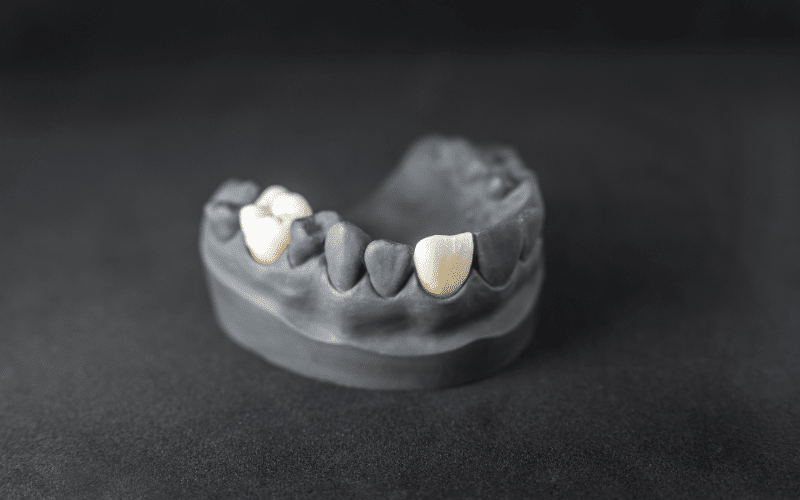
Why Are Dental Crowns So Expensive?
Dental crowns are protective covers for damaged or weakened teeth, offering functional and aesthetic benefits. These restorations not only reinforce a tooth’s structure but also enhance its appearance, contributing to improved oral health and confidence in one’s smile.
On the other hand, Dental crowns can be expensive due to various factors, including the materials used, the procedure’s complexity, the dentist’s expertise, and additional costs associated with diagnostics and customization.
In this blog, we shall explore the actual reasons why dental crowns are expensive and whether the cost is really worth it.
Main Reasons for the High Cost of Dental Crowns
1. Quality Materials: High-quality materials such as porcelain, zirconia, or metal alloys are often used to craft dental crowns. These materials ensure durability, natural aesthetics, and biocompatibility but come with a higher price tag than cheaper alternatives.
2. Labor and Expertise: Creating and fitting dental crowns requires skill and precision. Dentists and dental technicians invest significant time and expertise in designing, fabricating, and customizing each crown to ensure a perfect fit and optimal function. This level of craftsmanship contributes to the overall cost.
3. Diagnostic Procedures: Before placing a dental crown, thorough diagnostic procedures such as X-rays, impressions, and examinations are necessary to assess the tooth’s condition and plan the treatment effectively. These diagnostic tests add to the overall cost of the procedure.
4. Customization and Personalization: Dental crowns are customized to match the shape, size, and color of the patient’s natural teeth, ensuring a seamless and natural-looking restoration. Achieving this level of customization requires additional time and resources, contributing to the higher cost.
5. Additional Services and Overhead: Dental practices incur overhead costs, including staff salaries, facility maintenance, and equipment expenses. These costs are factored into the overall pricing of dental treatments, including the placement of dental crowns. Additionally, some practices may offer amenities or services such as sedation options or extended warranties, which can increase the cost.
Additional Factors Affecting Cost
1. Location: The cost of dental treatments, including dental crowns, can vary significantly based on geographic location and local economic factors. Dental practices in urban areas or regions with higher living costs may charge more than those in rural or less affluent areas.
2. Technology and Equipment: Dental practices that invest in advanced technology and state-of-the-art equipment may charge higher fees for their services. Advanced equipment can improve treatment precision, efficiency, and patient comfort, but it also incurs additional costs that may be reflected in the pricing.
3. Insurance Coverage: The extent of insurance coverage for dental procedures, including dental crowns, can vary widely depending on the patient’s insurance plan. Some insurance plans may cover a portion of the cost, while others may provide limited or no coverage. Patients should check with their insurance provider to understand their coverage and any out-of-pocket expenses.
Is the Cost Worth It?
Their long-term benefits often justify the cost of dental crowns. Crowns offer exceptional durability, enhancing the structural integrity of weakened teeth and protecting them from further damage. They restore proper function, allowing patients to chew and speak comfortably.
Additionally, crowns provide aesthetic improvements, seamlessly blending with natural teeth for a confident smile. While fillings offer a less expensive alternative for minor tooth damage, they may need more durability and longevity of crowns, especially for more extensive restoration needs. Ultimately, the long-term benefits of crowns in durability, function, and aesthetics make their cost worthwhile for many patients seeking lasting dental solutions.
Final Words!
In conclusion, patients considering dental crowns should consult with their dentist to explore options and ensure the best treatment plan. Understanding insurance coverage can help manage costs effectively. At Singh Smile Care, we prioritize your dental health and offer expert guidance to tailor treatments to your needs.
Don’t hesitate to invest in your smile’s longevity, function, and aesthetics. Take the first step towards a confident smile with Singh Smile Care today! Schedule your consultation and discover the transformative benefits of dental crowns.

